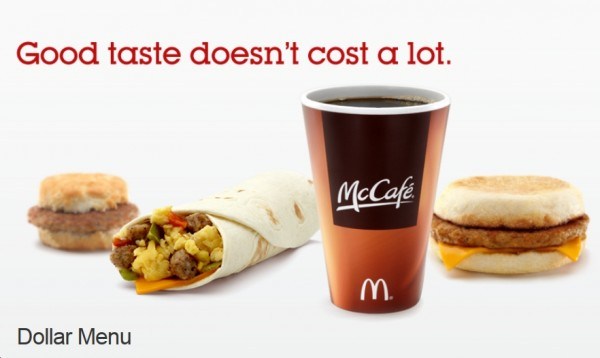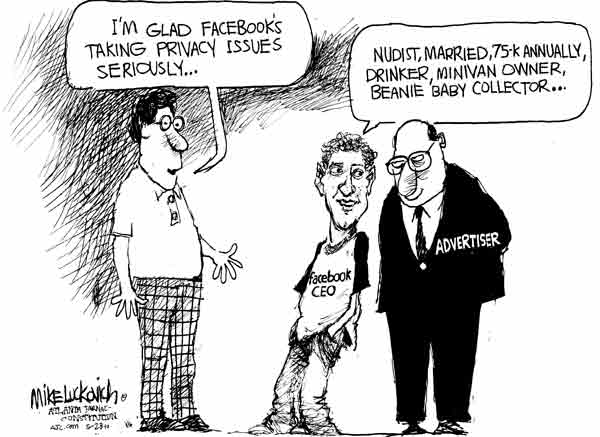Confession time: when I wrote my first blog post, I thought this was a really tedious assignment that was going to be torture all the way through. Nevertheless, I have to say that I’ve reached my 4th blog post and I’ve been reading more articles than ever before and it’s been kind of (gasp!) fun. Anyways, getting down to business, (pun intended) one interesting article I read recently in the Daily Finance says that McDonalds is trying to add guacamole to its menu in an attempt to sway customers from Chipotle. To the untrained eye, this would seem like a great decision as McDonalds is trying to win back customers by giving them what they want. However, having learned about positioning has given me the insight to realise that what McDonalds is doing is a bad idea. Chipotle has established themselves as the leader of the guacamole market; by McDonalds trying to establish themselves as the leader, they will have to exert a lot of time and money. In addition, McDonalds will probably give the consumer information overload and confuse them about what the brand is about. In order to reorient themselves, I believe McDonalds should stop trying to appeal to everyone and focus on the direction that has been working for them: fast-food burgers. This is not the first time McDonalds has tried to branch out (anyone remember the Mcpizza?) and nor will it be the last. Sometime, McDonalds will have to realise that it’s good to focus on your strengths and not always a good idea to try and give the consumer everything.



